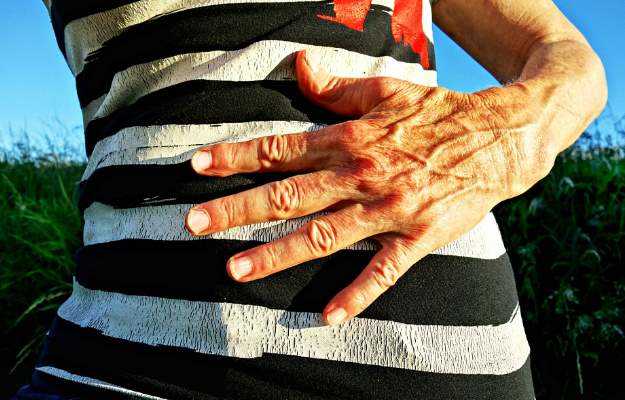What is peritonitis?
Peritonitis is inflammation of the peritoneum, a tissue that forms the inner abdominal lining and protects the abdominal organs. Peritonitis is a common but serious condition, which may be caused by bacterial infection or can be a complication of surgery or peritoneal dialysis. The condition needs to be treated immediately, as it may further worsen if left untreated.
What are its main signs and symptoms?
The signs and symptoms include:
- Swelling and tenderness in the abdomen.
- Sharp pain in the abdomen.
- Fever and chills.
- Loss of appetite
- Excessive thirst.
- Nausea and vomiting
- Inability to pass gas and stool.
- Abdominal bloating.
- Disorientation.
- Restlessness.
- Shock.
What are the main causes?
Most common cause of peritonitis is an acute bacterial infection, which may be primary (without any underlying disease) or secondary, where the infection spreads from some other organ or site. However, there can be several other causes of peritonitis. Other causes of peritonitis are as follows:
- Abdominal wound or injury.
- Peritoneal dialysis- dialysis of the peritoneal fluid, where the existing fluid is filtered using a machine.
- Abdominal surgery.
- Appendicitis.
- Stomach ulcers
- Crohn’s disease- a type of inflammatory bowel disease
- Inflammation of the pancreas or the pelvis
- Infection of the gallbladder or the intestine.
- Fungal infection after dialysis.
- Use of food tube.
How is it diagnosed and treated?
You should immediately seek advice from your doctor, if any of the above symptoms are seen. The diagnostic evaluation will begin with the medical history of the patient. The following are the diagnostic tests performed:
- Physical examination of the abdomen.
- Blood investigation.
- Blood culture to know the bacteria affecting the peritoneum.
- Abdominal fluid analysis.
- Dialysis effluent analysis, if you are on peritoneal dialysis.
- Ultrasound imaging.
- CT scans and X- rays to detect holes in the peritoneum.
- Laparoscopy- using a camera-fitted tube to explore inside the abdomen for the cause.
Prompt treatment of peritonitis is necessary as the infection can spread leading to multiple organ failure. The treatment modalities are as follows:
- Medication: Antibiotics, anti-fungals.
- Surgery to remove the infected tissue.
- Intra-abdominal lavage to wash inside the abdomen and reduce inflammation and infection.
- Some patients may need re-laparotomy (an open surgery), where a fresh incision is made in the abdominal cavity to detect the abnormalities.
If left untreated, peritonitis can spread and lead to complications such as septicemia (the spread of infection to the blood) and shock. It may also lead to the formation of an abdominal abscess or tissue death, which can be fatal. Hence, it is important not to overlook any sign or symptom of peritonitis and consult your doctor immediately.

 Doctors for Peritonitis
Doctors for Peritonitis  OTC Medicines for Peritonitis
OTC Medicines for Peritonitis



















